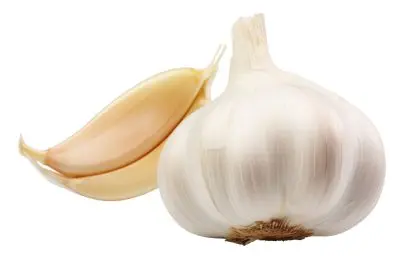Dry January has emerged as a prevalent tradition for those yearning for a clean slate at the start of a new year. Following the whirlwind of holiday celebrations, the concept of refraining from alcohol for the entirety of January has garnered substantial attention. But amidst this buzz, what does Dry January entail, and why do friends fervently endorse it?
This annual practice involves willingly eschewing alcohol for the entire month of January. It’s a voluntary commitment gaining popularity worldwide, with participants seeking various benefits — tangible and psychological. As the revelry of the festive season wanes, the notion of embarking on a booze-free month gains momentum, supported by an increasing number of individuals eager to kick off their year with a healthful, clear-minded start. But what motivates friends to advocate for this practice? The answer lies in the multifaceted advantages that accompany this abstemious journey.
Understanding Dry January
Dry January is a movement that encourages individuals to give up alcohol for the entire month of January. It typically follows the indulgent holiday season, offering a reset button for those looking to reassess their relationship with alcohol. This voluntary abstinence often leads to numerous benefits, both physical and mental.
The Origins
The concept of Dry January originated in the United Kingdom around a decade ago. It was initiated by the charity Alcohol Change UK, formerly known as Alcohol Concern. Since then, the movement has gained momentum globally, with participants from various corners of the world embracing the challenge.
Why Friends Recommend It
Health Benefits
One of the primary reasons friends recommend Dry January is its potential health benefits. Alcohol abstinence for a month can lead to improved sleep quality, enhanced energy levels, and better overall physical health. Cutting out alcohol also allows the body to reset and recover from the potential adverse effects of excessive drinking.
Mental Clarity
Beyond physical benefits, Dry January often leads to mental clarity. Many participants report feeling more focused, alert, and emotionally balanced throughout the month. Reduced alcohol consumption can positively impact mood and cognitive function, contributing to an overall sense of well-being.
Personal Challenge and Social Support
Engaging in Dry January presents a personal challenge for individuals to test their willpower and commitment to self-improvement. The communal aspect of participating with friends or in larger social circles provides a support system and accountability, making it easier to stick to the commitment.
Tips for a Successful Dry January
– Set Clear Goals: Define why you’re participating and what you hope to achieve.
– Find Alternatives: Explore non-alcoholic beverages or engaging activities to replace drinking.
– Seek Support: Connect with friends, family, or online communities also participating in Dry January for encouragement and shared experiences.
– Track Progress: Keep a journal or use apps to monitor your journey and celebrate milestones.
Dry January stands as a structured avenue for individuals to reassess their ties with alcohol, placing a premium on their well-being and embracing transformative changes. While the initial hurdles might seem daunting, the potential dividends in terms of physical vitality, mental acuity, and personal evolution are undeniably compelling.
By consciously opting for a teetotaler month, individuals engage in a profound act of self-care and self-discovery. This deliberate choice often leads to a deeper understanding of personal relationships with alcohol, offering a clearer path toward a healthier and more mindful existence well beyond the confines of January. As friends rally behind this practice, the encouragement and shared experience create a supportive environment, fostering a community dedicated to holistic well-being and personal enhancement.
This story was created using AI technology.
















